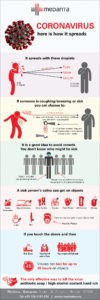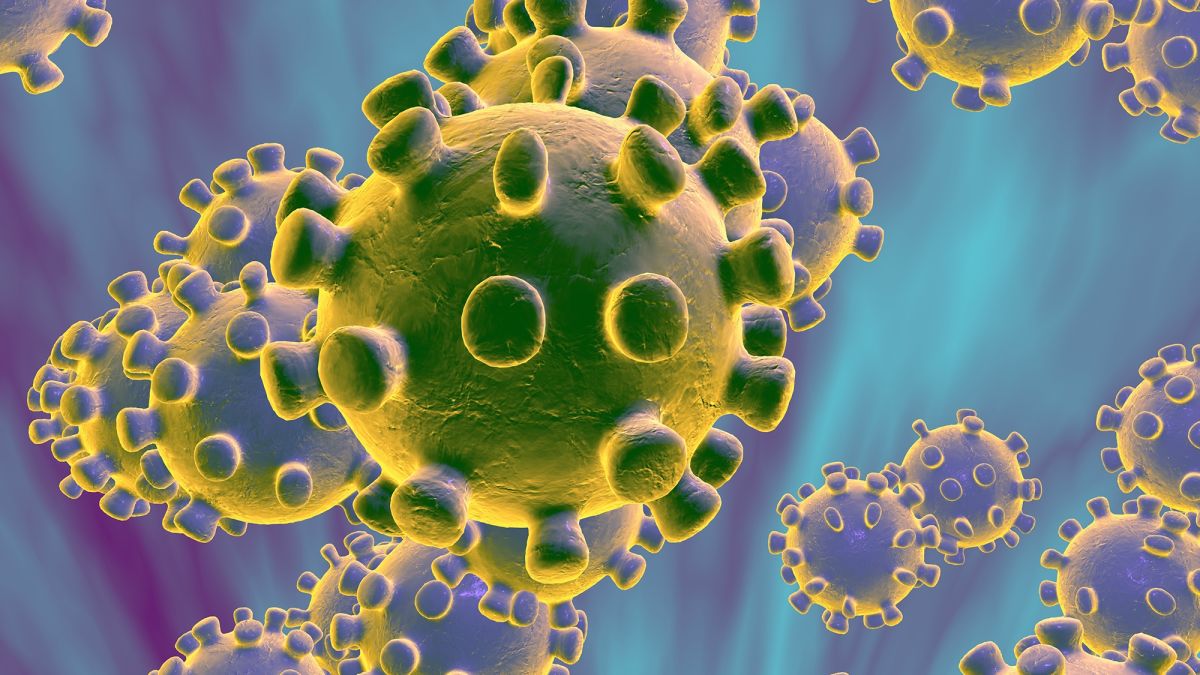The bad news is that international flights have brought the coronavirus to India, especially tourist destinations. The good news is that prevention is in your own hands – literally
With 30 cases of people testing positive for the Coronavirus, the government of India has swung into action to control the spread of the virus. Of these, one case has been reported in Delhi, one in Hyderabad, one in Jaipur and another six confirmed cases in Agra. The Ministry of Health and Family Welfare has released a containment plan laying down the necessary steps to ensure that the travel-related cases of the virus can be contained.
The step-by-step plan of the ministry includes advisories for management, treatment, isolation and surveillance of confirmed as well as suspected cases. The ministry’s plan also includes the screening of travellers from affected counties and increasing laboratory capacities to test all suspected cases.

Coronaviruses are a large group of viruses commonly found in animals. The viruses when they are able to jump species can infect humans, usually with mild to moderate respiratory symptoms. People with weakened immune systems are more vulnerable and the virus can cause pneumonia and bronchitis.
However, an important point as per the Ministry is that only 5% of confirmed cases require intensive care and isolation while another 14% of all cases need hospitalisation and around 81% of infections are mild. In view of these developments, it has become important to ensure awareness to combat the spread of the virus.
The Coronavirus originating from the Wuhan district of China commonly known Covid-19 spreads from an infected individual to another through air (coughing and sneezing) and with close personal contact such as touching and shaking hands. It can also spread because of touching your mouth and nose or eyes before washing hands. The virus has an incubation period of 2-14 days and some of its symptoms include:
- Fever
- Fatigue
- Dry cough
- Breathing difficulties
- Upper respiratory tract symptoms including
- Sore throat
- Rhinorrhea
- Gastrointestinal symptoms like diarrhea, nausea and vomiting are seen in 20% of the cases.
Containing contamination
If symptoms are noticed in an individual, medical attention should be sought at the earliest. For patients with mild symptoms, immediate families and caregivers are at higher risk of contamination. As per WHO, the following precautions should be taken to ensure containment:
- Perform hand hygiene frequently, using alcohol-based hand rubs or soap and water
- Maintain distance from the affected individuals (at least one metre)
- Wear a medical mask when in the same room as the patient
- Dispose of material used by affected person
- Ensure good airflow in living spaces
Do’s and Don’ts
A list released by the Manipal Hospitals of things to keep in mind to ensure better protection against Coronavirus:
Do’s
- Observe personal hygiene and keep your surroundings clean
- Wash hands regularly with soap and water when these are not available, use alcohol-based sanitisers
- Cover your mouth and nose when sneezing or coughing
- Wear certified masks if suffering from respiratory problems
- When interacting with people showing symptoms of flu, wear an N95 mask
- Get immediate medical help in case of symptoms of severe respiratory issues
Don’ts
- Avoid travelling if unwell
- Avoid all non-essential travel to affected countries or ones with confirmed cases of the virus
- Avoid close contact with people showing symptoms of illness including those of flu and runny nose
- Maintain healthy distance from animals — especially ones suspected of being carriers
- Avoid consumption of undercooked/raw meals
- Avoid visiting places close to slaughterhouses and meat processing plants
Dr Reshma is an advocate of wellness, prevention and holistic health. Instagram handle: dr.reshmakhattarbhagat





